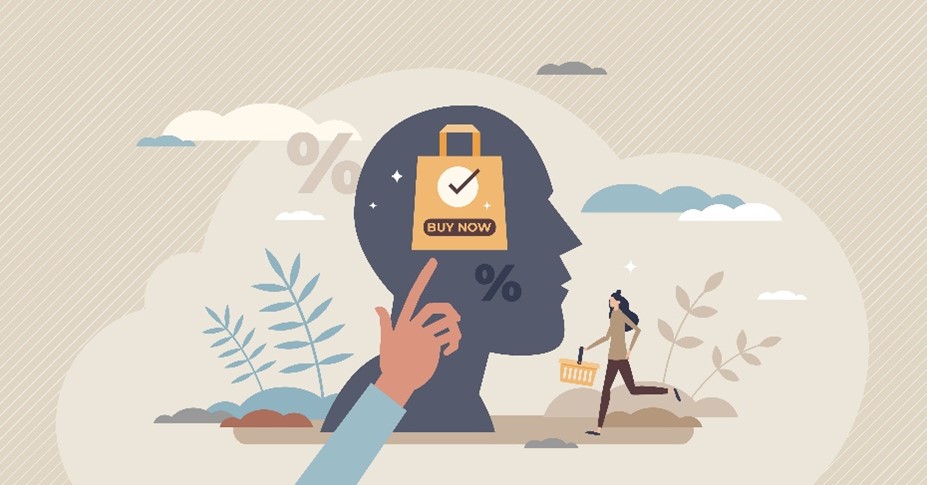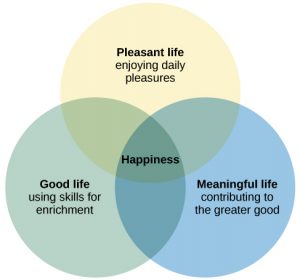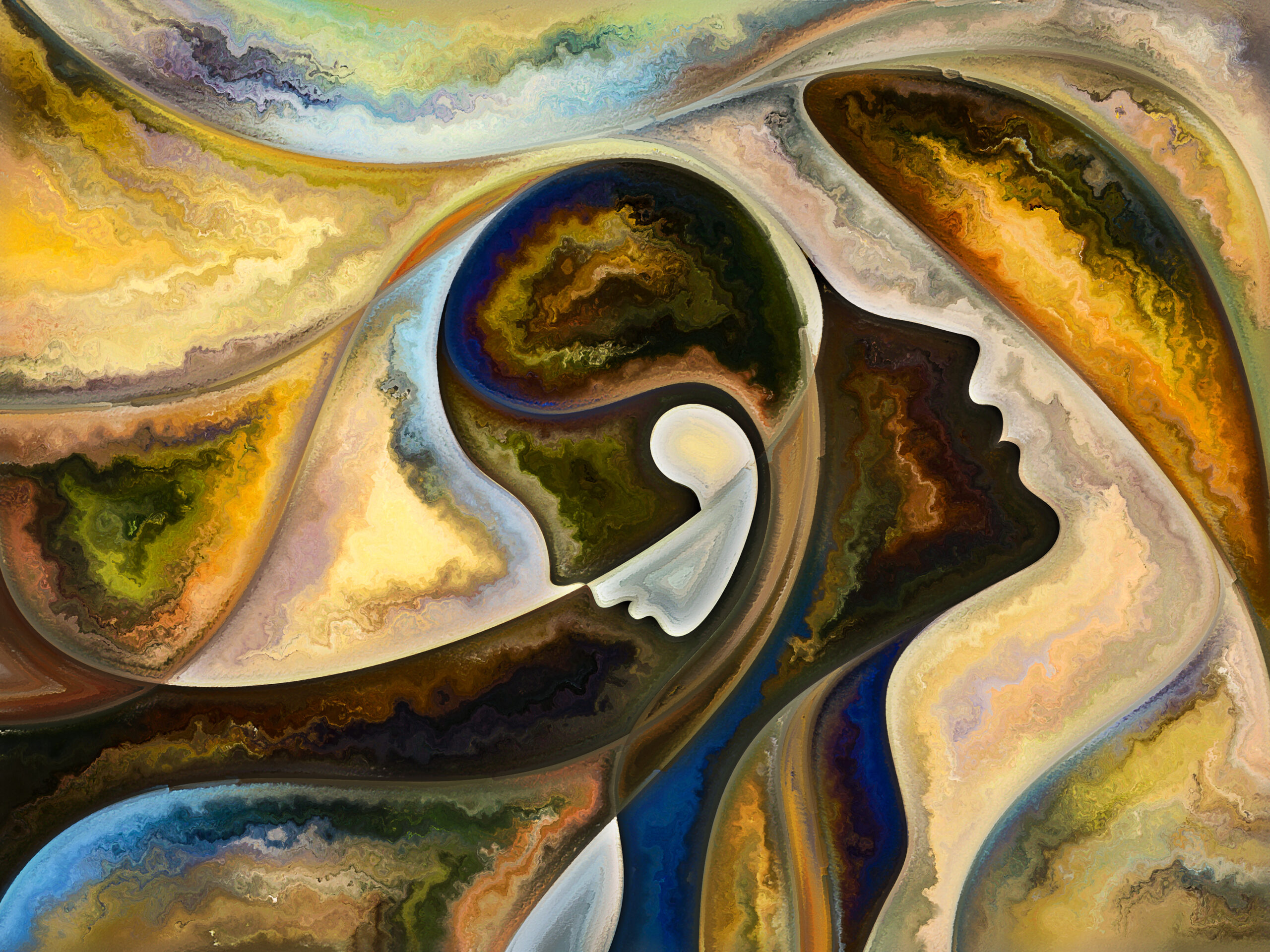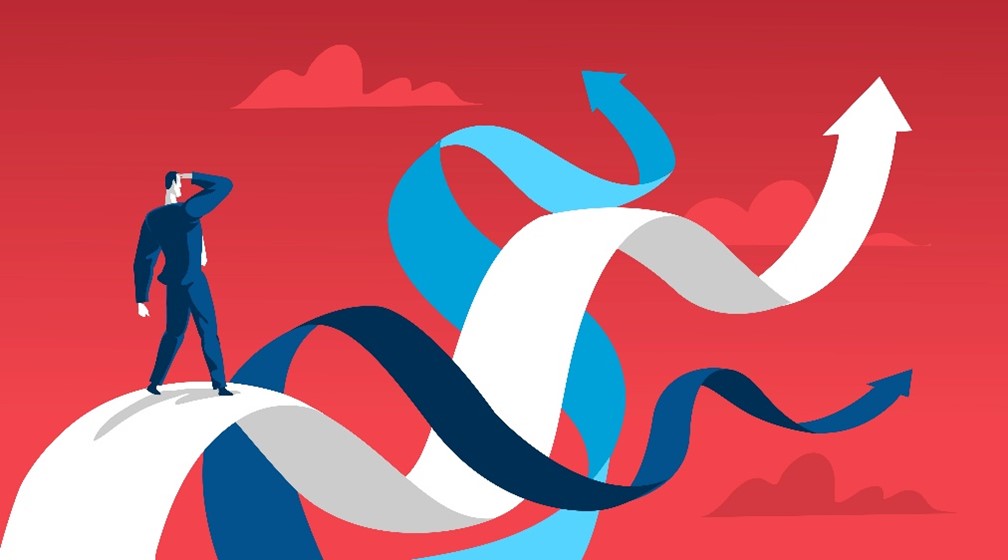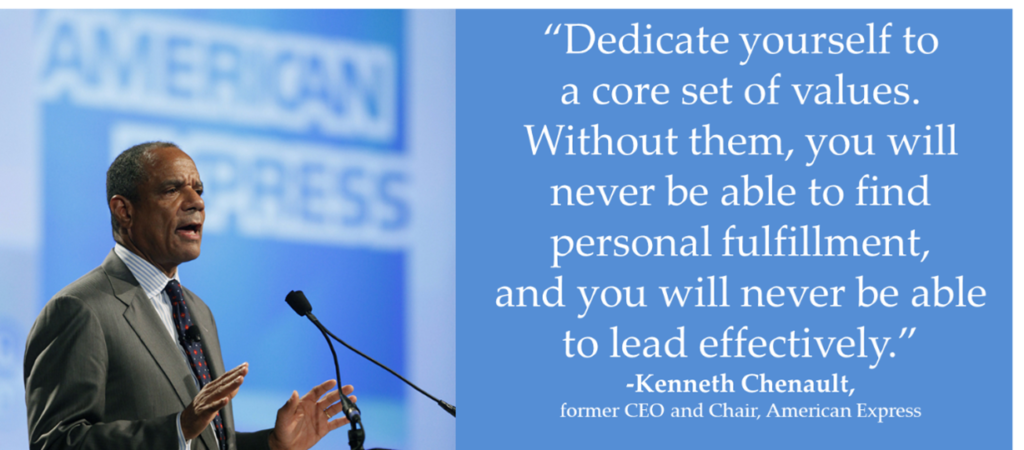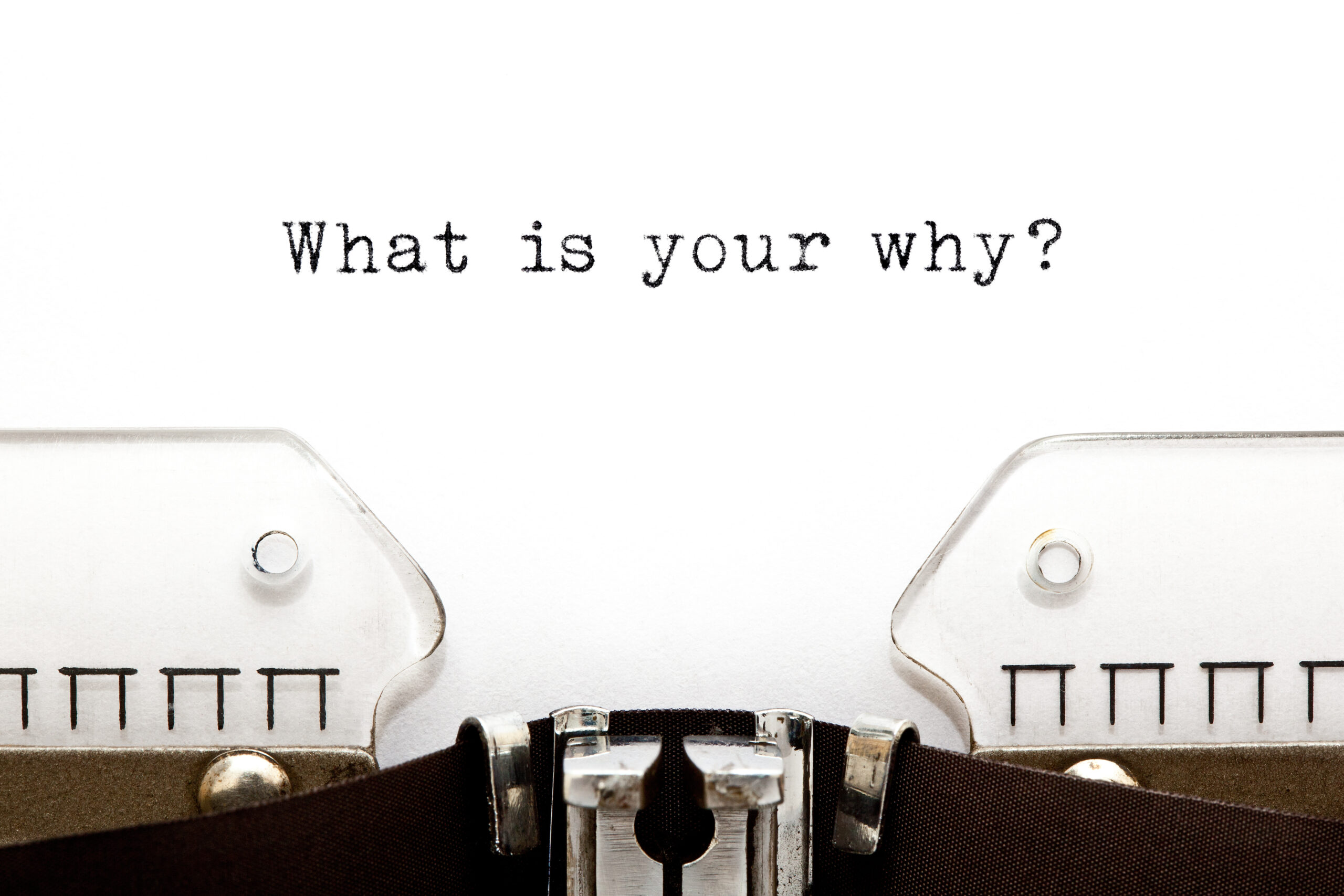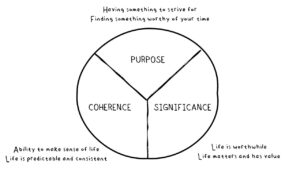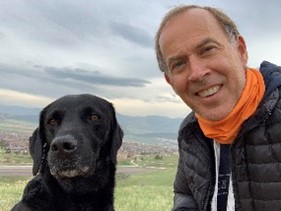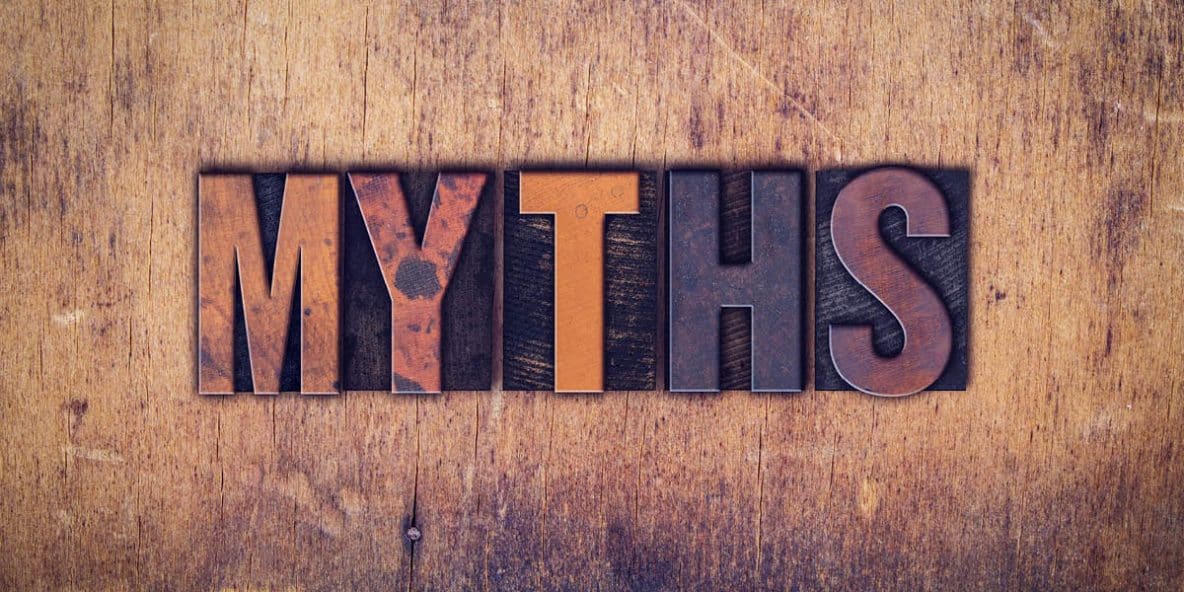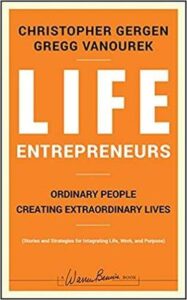As much as we may hate to admit it, we all feel helpless sometimes. Unable to do anything to help ourselves. Powerless in the face of negative events.
Failure appears inevitable. Our efforts seem pointless. We’re like Sisyphus rolling the giant boulder up the hill, over and over again.
There are of course degrees of helplessness, ranging from the occasional feeling of overwhelm or uncertainty about what to do to something more deep and lasting.
Though it may seem foreign and rare, a feeling of helplessness can show up in many instances of our life and work. Maybe our board or manager sets our performance targets consistently too high, thus setting us up for failure. Or our boss keeps rejecting our ideas. Maybe we’re fighting hard for something at work but keep getting shot down. Or we don’t like our job but feel stuck and unable to make a change.
Maybe we’re doing poorly on our exams even after studying hard, wondering if there’s any point to trying. Or we’re stuck on a team with someone who consistently drops the ball and refuses to change. Or we’re feeling discouraged about losing weight given prior attempts that didn’t work out or last.
Maybe we’re parents making no headway in limiting our teenager’s screen time. Or we have a sick child and no clear treatment plan.
Maybe we look at the news of the day—from weather disasters and climate change to war, poverty, and disease—and feel helpless in the face of it all. Or we live in an economically depressed area with chronic poverty and crime, leading generations of people into chasms of resignation and despair.
Perhaps we’re the friend of someone addicted to drugs who’s spiraling down and won’t accept help, or the spouse of someone with dementia that’s steadily worsening. Maybe someone we know has been paralyzed by a stroke. Or we’re the spouse of a controlling or violent partner, not sure what can be done.
Clearly, feelings of happiness can hit us in life even if we’re not generally prone to them. As painful as helplessness may be, it’s part of the human condition. We even begin our lives as helpless newborns.
Sometimes, feeling helpless can be a form of catastrophizing, in which we take a challenge in front of us and mentally morph it into something we’re incapable of overcoming.
Different Types of Helplessness
Here, we should distinguish between actually being helpless (as in the case of a newborn, or a turtle flipped over onto its shell) and feeling helpless. We can feel helpless without actually being helpless.
Such feelings of helplessness often begin in childhood, depending on how we were treated and raised (including potential neglect or abuse), and can also come from periods of stress or trauma.
Which brings us to what researchers call “learned helplessness.” It’s when we’ve experienced a stressful event repeatedly, leading us to believe that we’re incapable of doing anything about it even though that may not be true. It’s a well-researched phenomenon that’s been studied in both animals and humans since the 1960s.
“Learned helplessness is the giving-up reaction, the quitting response that follows
from the belief that whatever you do doesn’t matter.”
-Dr. Martin Seligman, Learned Optimism: How to Change Your Mind and Your Life
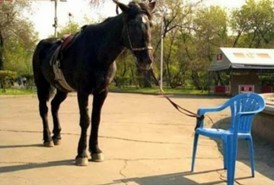
In this state, we fail to respond to adversity, even though it turns out that we could actually help ourselves if we stuck with it and kept trying. Even when there are possible solutions, our sense of futility prevents us from looking for them.
Note that learned helplessness doesn’t always generalize across all situations and settings, according to researchers. In other words, we can feel helpless about some things and hopeful about others. Some people never give up, regardless of what they face, while others are much more prone to feeling helpless and throwing in the towel.
One of the main drivers of learned helplessness is our explanatory style for events in our lives—and whether it’s optimistic or pessimistic. When faced with adversity, people with a pessimistic explanatory style tend to assume automatically that the cause of trouble is permanent, pervasive, and personal (what’s been called the “3 Ps of cognitive distortions”):
- permanent: when we view something negative as perpetual and unchangeable, not something temporary.
- pervasive: when we view the adversity as omnipresent and inescapable, not something specific to this particular situation.
- personal: when we view bad things as our own fault (e.g., because we feel worthless and unlovable), not the result of outside factors.
According to psychologist Dr. Martin Seligman, who began groundbreaking research on learned helplessness back in the 1960s, “While you can’t control your experiences, you can control your explanations.” In his book, Learned Optimism: How to Change Your Mind and Your Life, he writes, “Optimists recover from their momentary helplessness immediately. Very soon after failing, they pick themselves up, shrug, and start trying again. For them, defeat is a challenge, a mere setback on the road to inevitable victory. They see defeat as temporary and specific, not pervasive.”
By contrast, he notes that “Pessimists wallow in defeat, which they see as permanent and pervasive. They become depressed and stay helpless for very long periods. A setback is a defeat. And a defeat in one battle is the loss of the war. They don’t begin to try again for weeks or months, and if they try, the slightest new setback throws them back into a helpless state.”
The Downsides of Helplessness
Unfortunately, such feelings of helplessness can impact every aspect of our lives, from our physical and mental health to our relationships and performance at work.
In terms of our mental health, helplessness can:
- make us feel overwhelmed
- suck up our mental and emotional energy, leaving us with less strength and will to work on solutions to our problems
- prevent us from experiencing contentment and happiness
- increase the risk of anxiety and depression
- lead to frustration and even violence if we can’t find productive outlets for our fears and frustrations
When it comes to our physical health, helplessness can:
- harm our sleep
- lead to more frequent physical illness
In our life and work, helplessness can:
- reduce our confidence and motivation
- lead us to avoid challenges
- make it harder for us to handle stressful situations
- make us feel like a victim and resort to blaming others
- reduce our interest in activities we previously enjoyed
- make us want to withdraw from friends, family, and colleagues
- cause us to lower our expectations for what we can achieve
- lead to avoiding decisions
- lead to procrastination, giving up, and self-pity
- prevent us from taking full responsibility for our lives—and from taking necessary actions
- harm our performance, starting a negative cycle in which we feel bad about failure and then do even worse in the future
- become a default mindset that downgrades most aspects of our lives
The Real-World Dangers of Helplessness
In a famous study conducted by psychologists Ellen Langer and Judith Rodin, two very different interventions were given to the residents of two different floors in a nursing home. On one floor, the staff gave residents plants in their rooms and the opportunity to attend a movie screening every week, but the residents had no choice over these matters. By contrast, the staff gave residents on the other floor a choice of plants, the responsibility for watering them, and the decision of which night to watch the films.
Researchers measured differences between the residents over time. Their findings? More than a year later, the residents who had more control were happier and more active and alert, as rated by nurses and residents, than those who had less control. They also had better health and half as many deaths in the period studied.
After reviewing an array of research on and examples of these matters in different cases, the researchers noted that “feelings of helplessness and hopelessness… may contribute to psychological withdrawal, disease, and death.”*
What to Do About It
Given these substantial downsides and real-world implications, the stakes are high. So how do we transform our mindset from feeling helpless into feeling powerful, strong, capable, and resourceful? The good news, according to Dr. Seligman and others, is that we can “immunize” people against learned helplessness—and help them move out of that unhappy state.
Here are several strategies, tactics, and mindset shifts from the research literature:
Focus on what we can control, instead of the things we can’t, and work on identifying and accepting the things that are outside our control.
“God, grant me the serenity to accept the things I cannot change,
courage to change the things I can,
and wisdom to know the difference.”
-the “Serenity Prayer”
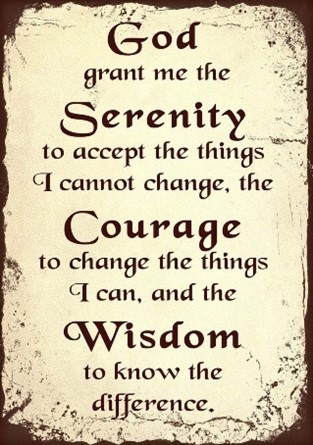
Recall situations in which we’ve overcome challenges. It may be that we’re more resilient than we think—especially when we have a deeper why—a clear purpose and set of core values—to motivate us.
Get “small wins” with simple mini-bursts of productivity on simple things (e.g., cross things off a short to-do list) to get some momentum.
Catalog our strengths—including our knowledge, skills, talents, and abilities—and brainstorm how we might use them to overcome our current predicament.
Change our self-talk by analyzing and questioning our beliefs, disputing the idea that we’re helpless. For example, we can ask whether the belief about helplessness is true, whether there may be an alternative explanation for the source of our pain, and whether our current beliefs are useful to us (or harmful). Along these lines, Dr. Seligman recommends using the “ABCDE model:”
- Adversity: identify a specific hardship we’re currently facing that makes us feel helpless.
- Belief: note the beliefs we have when facing that adversity.
- Consequences: note the usual effects caused by having those beliefs about being helpless.
- Dispute: challenge those unproductive beliefs by interrogating their accuracy and completeness. (Are they true? Can we be sure? What other explanations might there be?)
- Energization: enjoy the jolt we feel when we successfully dispute harmful beliefs that previously made us feel helpless.
Recall that our thoughts aren’t always accurate (far from it) and sometimes mislead us, getting us into trouble. When thinking, we tend to subconsciously use heuristics (mental shortcuts, for the sake of efficiency, given the amount of energy our brain consumes) and rationalizations. Our thinking is also subject to cognitive biases, which are systematic errors in our thinking that occur when we’re processing and interpreting information. We can also have a faulty memory, skewed perception, or a problem with our attention.
Reframe our thinking from helplessness to curiosity about what it might take to be able to address the issues at hand, in the process becoming a detective and/or a learner.
Set realistic goals and identify steps we can take to start making progress on them, with a commitment to track progress and make needed adjustments along the way.
Engage in regular self-care practices, such as:
- Exercise, since it helps regulate the chemicals in our brain in ways that boost our mood and motivation as well as our strength and stamina.
- Good sleep habits.
- Good eating and nutrition habits.
- Grounding and relaxation practices (e.g., yoga, meditation, or deep breathing).
- Avoidance of harmful ways of coping, such as numbing behaviors and substance abuse.
Recognize the patterns of when we feel helpless and recall the kinds of things that help us break these downward spirals.
Make a list of people we can count on and reach out to them, leaning on trusted relationships—and community—to provide support, encouragement, and perspective.
Reach out to a therapist, counselor, or support hotline when needed. Options include:
- 7cups, a free help network
- 988 Suicide and Crisis Lifeline (text 988 or call 1-888-628-9454)
- Text “HOME” to the Crisis Text Line at 741741
- Befrienders Worldwide (helplines outside the U.S)
Though we all feel helpless sometimes, we should distinguish between being helpless and feeling helpless, recognizing that sometimes we’ve placed ourselves in a mental prison and just sat there, when all the while the bars weren’t locked.
Reflection Questions
- Are you facing any challenges that make you feel helpless?
- In what areas?
- Which of the approaches listed above will you try in an effort to break the cycle?
Related Articles:
- “The Mental Prisons We Build for Ourselves”
- “The Trap of Blaming Others”
- “How to Stop Catastrophizing”
- “The Power of Taking Full Responsibility for Your Life”
- “The Incredible Benefits of Being Action-Oriented”
- “Your Leadership Mindset”
- “The Power of Reframing to Change Our Outlook“
- “Getting Good at Asking for Help“
Tools for You
- Traps Test (Common Traps of Living) to help you identify what’s getting in the way of your happiness and quality of life
- Personal Values Exercise to help you clarify what’s most important to you
- Leadership Derailers Assessment to help you identify what’s inhibiting your leadership effectiveness
Postscript: Inspirations on Overcoming Helplessness
- “…an individual’s sense of personal control determines his fate.” -Martin Seligman, Learned Optimism: How to Change Your Mind and Your Life
- “You may encounter many defeats, but you must not be defeated. In fact, it may be necessary to encounter the defeats, so you can know who you are, what you can rise from, how you can still come out of it.” -Maya Angelou
- “It’s not that I’m so smart, it’s just that I stay with problems longer.” -Albert Einstein
- “It’s hard to beat a person who never gives up.” -Babe Ruth
- “Often, we feel helpless in lots of situations in our lives. The way anger gets a grip on us is it seems to be a way to extricate ourselves from helplessness.” -Martha Nussbaum
- “Helplessness is answered many ways, but one of them is violence.” -Sam Shepard
- “Self-pity is our worst enemy, and if we yield to it we never do anything wise in the world.” -Helen Keller
- “Our online news feeds aggregate all of the world’s pain and cruelty, dragging our brains into a kind of learned helplessness. Technology that provides us with near-complete knowledge without a commensurate level of agency isn’t humane.” -Tristan Harris
Related Terms and Mindsets from the Research Literature
- “agency”: our capacity to influence our functioning and the course of our life’s events by our actions—and the feelings of autonomy, control, and freedom that come with it.
- “learned optimism”: the process by which we learn to recognize and challenge pessimistic thoughts in order to develop more positive behaviors.
- “locus of control”: whether we view control as something we have inside of us (an internal locus of control) or something that exists beyond us, as in others, luck or fate (an external locus of control).
- “self-efficacy”: our belief in our ability to complete tasks, achieve goals, overcome challenges, and succeed.
* Source: Langer, E. J., & Rodin, J. (1976). The effects of choice and enhanced personal responsibility for the aged: A field experiment in an institutional setting. Journal of Personality and Social Psychology, 34(2), 191–198.
+++++++++++++++++
Gregg Vanourek is a writer, teacher, TEDx speaker, and coach on leadership and personal development. He is co-author of three books, including LIFE Entrepreneurs: Ordinary People Creating Extraordinary Lives (a manifesto for integrating our life and work with purpose, passion, and contribution) and Triple Crown Leadership: Building Excellent, Ethical, and Enduring Organizations (a winner of the International Book Awards). Check out his Best Articles or get his monthly newsletter. If you found value in this article, please forward it to a friend. Every little bit helps!








